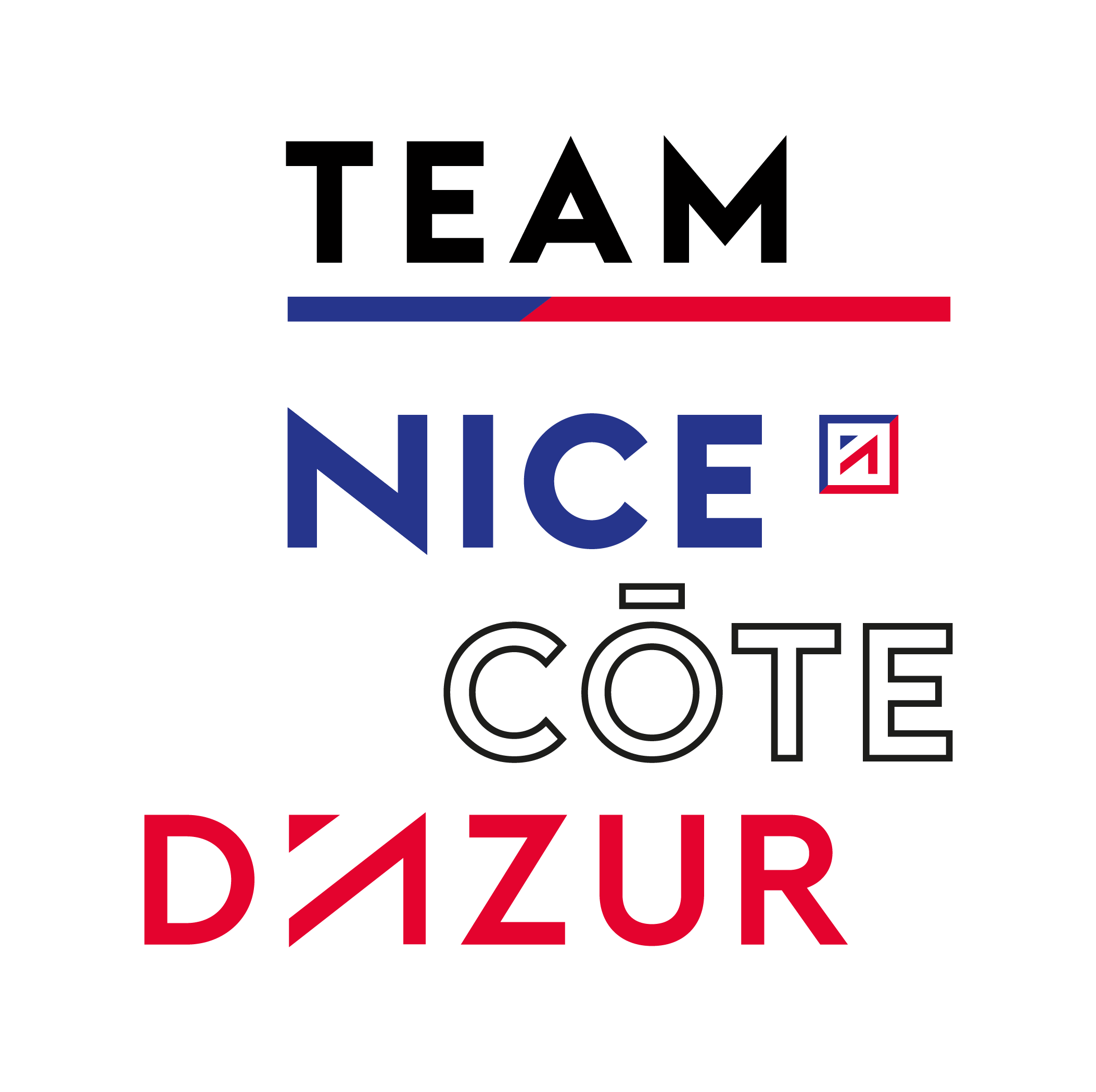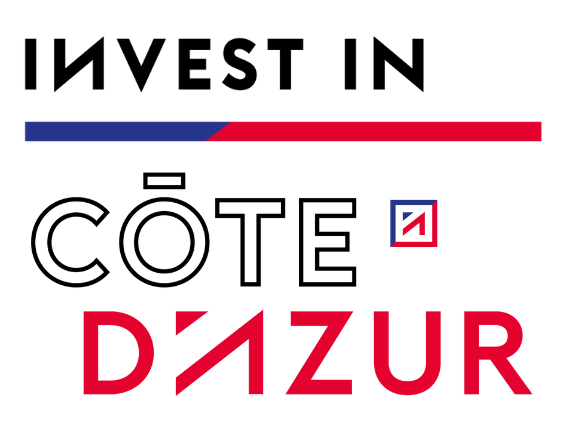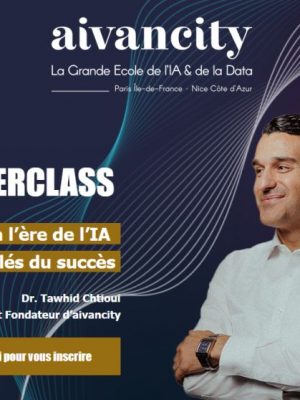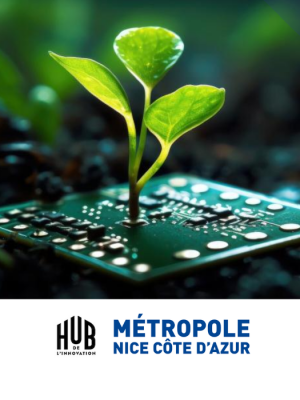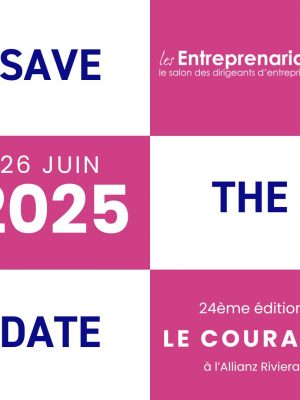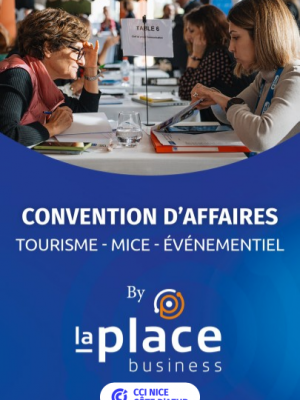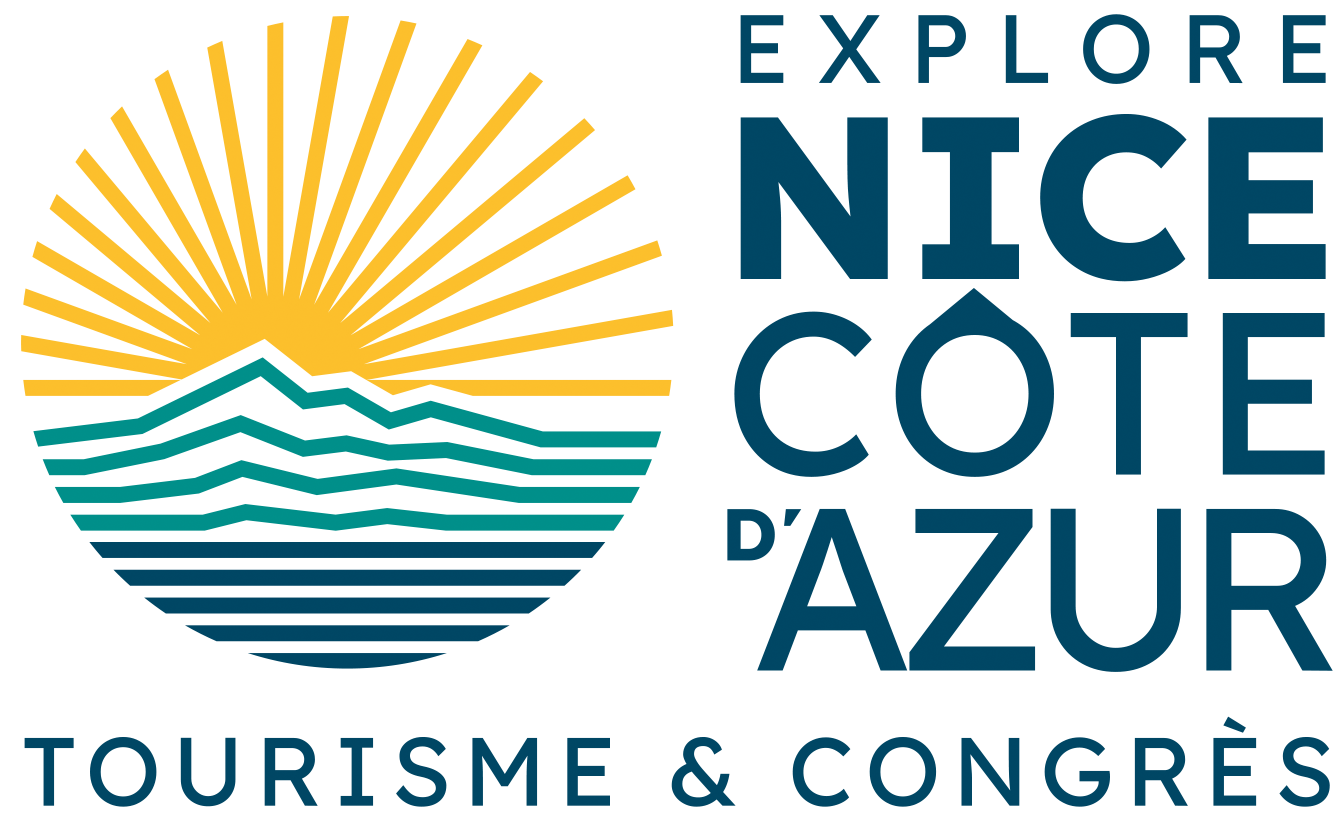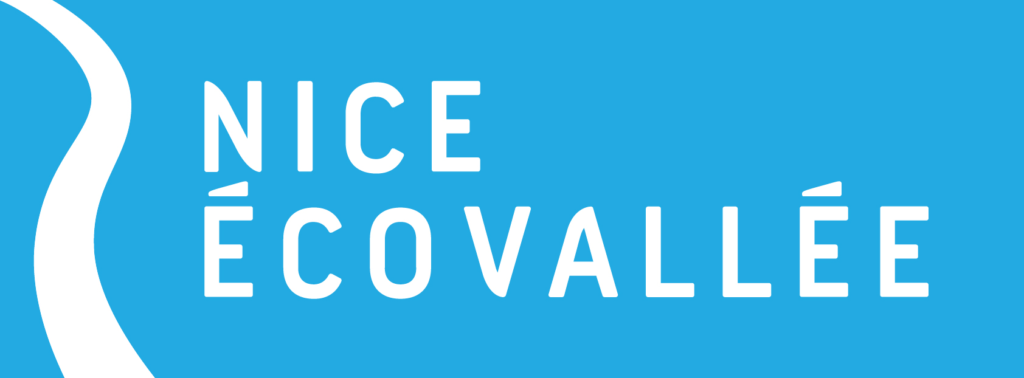Sterlab is a subsidiary of MXM (created in 1977 by Guy Charvin) which comprises 3 companies (Neurelec, Neuromedics and Sterlab).
Sterlab, which is ISO 9001 certified, operates its business in a specialist 2500m² environment and employs 29 people in Sophia Antipolis. The business focuses on 2 traditional activities:
- The design, manufacture and marketing of consumables for hospital and clinical sterilisers
- Ethylene oxide sterilisation
Interview with Christophe CAPALLERE, Laboratory Manager at Sterlab.
Investincotedazur.com (ICA): You are responsible for Sterlab’s new laboratory dedicated to tissue engineering. Why this new business? What does it involve?
Christophe CAPALLERE (CC): Sterlab’s CEO, Paul Martel wanted to develop a reconstructed tissues business in order to respond to the problem related to the use of animals in chemical testing. The STERLAB cell culture laboratory offers human tissues in a defined medium such as oral, vaginal and gingival epithelium and epidermis but we can also develop tissues “on demand”. I wanted to use my experience in the field of reconstructed skin in order to develop new, more complex tissues with the aim of offering test models that are better suited to industry expectations.
Furthermore, we are developing human tissues, but we also want to produce animal tissues in order to meet a veterinary industry requirement.
ICA: What is unique about your offer in this new business?
CC: In addition to the fact that we are offering human and animal tissues on demand, we also wanted to offer our customers a complete service. So, in association with the Neomah laboratory (based in Sophia Antipolis) we provide many toxicology tests as well as our expertise in the field of hepatic cells. We can send our customers monolayer or cryogenically preserved, multi-species hepatic cells.
Shortly we will begin a histology service in order to complete this service offer.
So, our customers can send us a product that we will test on the specific tissue model, and consequently we can send them the toxicology results without the need to use another service provider.
ICA: Can you draw on the industrial and scientific expertise already present in Sophia Antipolis?
CC: Sophia Antipolis, situated close to Nice Airport is a major scientific technology park where many companies specialising in cosmetology, chemistry and ophthalmology are based. By working closely with these companies, among others, we want to develop specific tissue models to satisfy the requirements of both manufacturers and the REACH regulations. This should enable us to offer our expertise nationally and internationally.
www.sterlab.com/ ingenierie_tissulaire/ index.html
